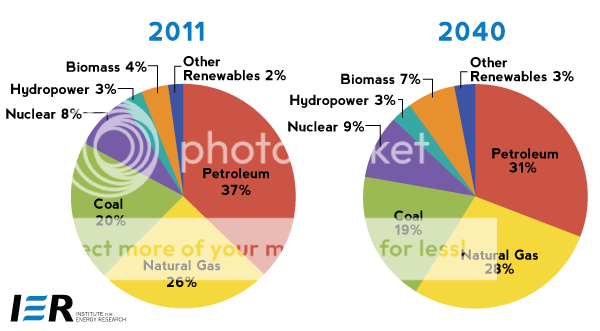The investment company Lazard took a look at the costs of renewables across Europe...........this is what they found.............
Consistently, in a sampling of four countries (U.S., U.K., Korea, and France) conducted by the World Nuclear Association, natural gas and coal presented the cheapest options, while wind and solar presented the most expensive. Onshore wind was consistently the cheapest renewable option, which is in line with EIA and Lazard estimates. This raises the question: why subsidize solar (one of the most consistently expensive options) when onshore wind is much cheaper? Some figures show a 2-to-1 difference in cost between solar power and onshore wind, yet solar is the renewable most frequently subsidized.
Are Renewables as Cheap as We Think?
PS....the EIA consistently bases its cost expectations.........ready for this.........in expected technological advances. How ghey?
Lets face it........folks who back renewables as this new coming of wheat toast are frauds.


Consistently, in a sampling of four countries (U.S., U.K., Korea, and France) conducted by the World Nuclear Association, natural gas and coal presented the cheapest options, while wind and solar presented the most expensive. Onshore wind was consistently the cheapest renewable option, which is in line with EIA and Lazard estimates. This raises the question: why subsidize solar (one of the most consistently expensive options) when onshore wind is much cheaper? Some figures show a 2-to-1 difference in cost between solar power and onshore wind, yet solar is the renewable most frequently subsidized.
Are Renewables as Cheap as We Think?
PS....the EIA consistently bases its cost expectations.........ready for this.........in expected technological advances. How ghey?

Lets face it........folks who back renewables as this new coming of wheat toast are frauds.








 .......ready for this......
.......ready for this......


